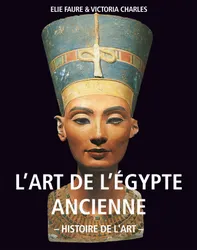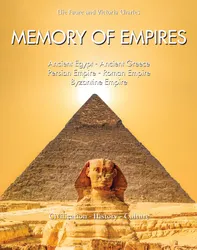Greek art, at the very moment that it was breaking up in depth, was scattering over the whole material surface of Hellenic antiquity. After the movement of concentration that had brought to Athens all the forces of Hellenism, a movement of dispersal began, which was to carry from Athens to southern Italy, to Sicily, to Cyrenaica, Egypt, the Islands, and Asia Minor the passion and, unfortunately, the mania, for beautiful things—in default of creative genius. Dilettantism and the diffusion of taste multiply and at the same time weaken talent. It is the Hellenistic period, perhaps the richest in artists and in works of art that history has to show, but possibly, also, one of the poorest in power of emotion.
The ideal of the Greek is wisdom. He also has a strong feeling for what is just, but what is beautiful and what is true is to the same degree the object of his passion. He finds in each of these ideas the echoes of the other two, and completes, tempers, and broadens each one through the others. Phidias is in Pythagoras, and Socrates is in Phidias.
The “Greek miracle” was necessary. The whole ancient world had prepared, had willed its coming. During the fruitful silence when the Dorians were “accumulating within themselves the strength of their soil, Egypt and Assyria kept their lead. But they were discouraged and stricken by the cold of age. They were to become the initiators of the Hellenic Renaissance, as they had been the guides for the childhood of the peoples of the Archipelago. Greek Art, the perfume of the Greek soul, is preserved until our time, through Pompeii.









